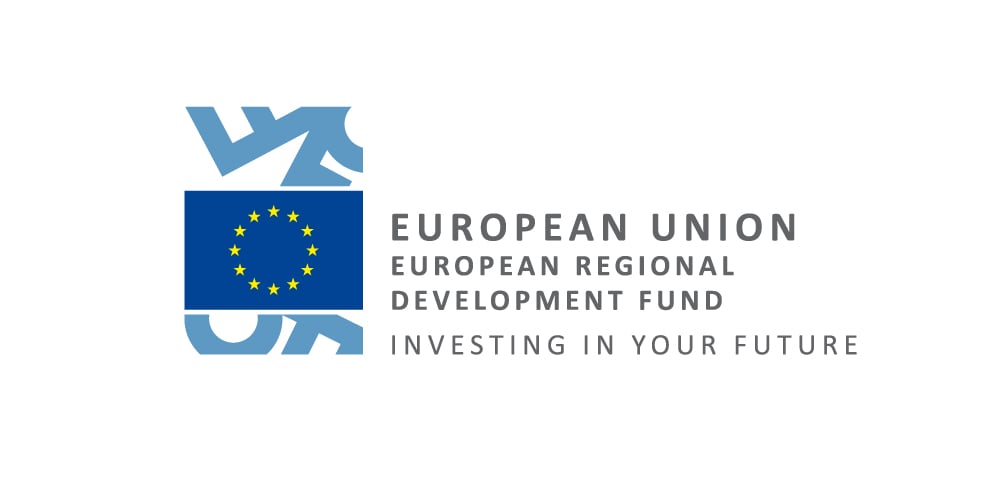October 31 marks Reformation Day, a significant historical event that shaped the religious, cultural, and political landscape of Europe. On this day in 1517, Martin Luther, a German monk and theologian, famously nailed his 95 Theses to the door of the Castle Church in Wittenberg, Germany. This act is widely regarded as the starting point of the Protestant Reformation—a movement that forever altered the course of European history.
Although Reformation Day is a public holiday in parts of Germany and a few other countries, it is not widely observed across the world. However, the influence of the Reformation extends far beyond one day or one nation.
What Was the Reformation?
The Protestant Reformation was a religious reform movement that sought to address various practices of the Catholic Church, particularly the sale of indulgences—payments made to reduce punishment for sins. Martin Luther’s 95 Theses challenged these practices and questioned the authority of the Church. Luther’s ideas quickly spread, fuelled by the newly invented printing press, and resonated with people across Europe who were eager for change.
But the Reformation was more than a religious movement. It sparked cultural, political, and social shifts that shaped the development of modern Europe. It led to the creation of Protestantism, a new branch of Christianity, and paved the way for religious diversity and tolerance in many parts of the world.
The Reformation’s Impact on Europe
The Reformation did not remain confined to Germany. Its ideas spread rapidly across Europe, inspiring other reformers like John Calvin in Geneva and Huldrych Zwingli in Switzerland. In England, King Henry VIII broke away from the Catholic Church, creating the Church of England. Scandinavia, the Netherlands, and parts of Eastern Europe also saw the rise of Protestantism.
The Reformation fundamentally altered the religious map of Europe. It divided the continent along religious lines, leading to a series of conflicts and wars, such as the Thirty Years’ War. These tensions ultimately resulted in the Peace of Westphalia in 1648, which laid the groundwork for modern notions of national sovereignty and religious freedom.
Beyond religion, the Reformation influenced art, education, and politics. Luther’s translation of the Bible into vernacular German made the scriptures accessible to ordinary people and helped standardize the German language. Similarly, in other countries, the Reformation led to an increased focus on education, literacy, and critical thinking.
Reformation Day Today
Today, Reformation Day serves as a reminder of the profound changes that can come from questioning established norms. It highlights the importance of religious freedom, education, and the power of ideas to inspire change. While not widely celebrated outside of Protestant regions, Reformation Day remains a key part of Europe’s cultural heritage.
For those interested in history, Reformation Day provides an opportunity to reflect on the lasting impact of the Reformation and its contributions to modern society. From its role in shaping the English-speaking world’s religious landscape to its influence on art, literature, and politics, the Reformation’s legacy is undeniable.
Why the Reformation Still Matters
The Reformation’s influence extends well beyond its religious roots. It reshaped Europe’s political and social structures, gave rise to new religious movements, and promoted values such as individual freedom and access to education. While Reformation Day might not be as well-known outside Europe, its impact is felt worldwide.
Whether you observe Reformation Day or not, take a moment to appreciate the historical significance of the event and how it continues to influence the world we live in today.













Add new comment